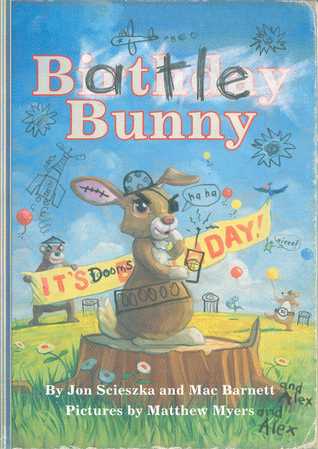This is a short book. it actually seems more like a speech or essay. It is in response to a man from Holland who organized some people to burn Lawrence Hill's book, The Book of Negroes. It's thought provoking, well written, and a good argument for why banning/burning books should hot happen. ever.
Some great quotes from the book:
P. 8/9 "There is something particularly odious about burning a book, or a pile of books. The action aims not just to remove the offending article from the hands of readers, but to silence and intimidate writers, publishers and booksellers. It suggests that they too will be burned if they do not heed the message. The act seems to say: "You will not be tolerated. Your ideas will not be discussed. We must protect society from your toxic mind, and so we are lighting this bonfire."
P. 14/15 "Just imagine. If the left wingers and the right wingers formed a coalition, they could yank half the books out of the Canadian school curriculum. Together, they could ensure that no school or public library book would ever be allowed to provoke, disturb, challenge, offend if outrage another reader for the rest of time. They could control our minds forever after. In the publicly funded shelves of schools and libraries, the only things we would have left is
Anne of Green Gables."
P. 31/32 "The very purpose of literature is to enlighten, disturb, awaken and provoke. Literature should get us talking-even when we disagree. Literature should bring us into the same room - not over matches, but over coffee and conversation. It should inspire recognition of our mutual humanity. Together.
I can't see any good coming out of burning or banning books.
Let's talk, instead."



